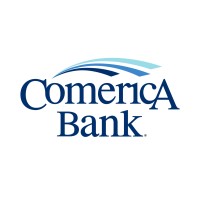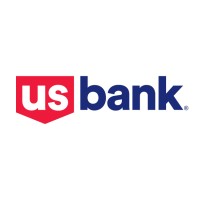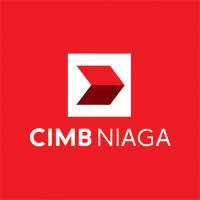Company Cyber Security Posture
NANA
NA Company Details
NA
NA
NA
NA
NA
NA
Scan still pending
NA
NA
Between 200 and 800
This score is AI-generated and less favored by cyber insurers, who prefer the TPRM score.
 NA Global Score
NA Global Score.png)

Company Scoring based on AI Models
| Model Name | Date | Description | Current Score Difference | Score |
|---|---|---|---|---|
| AVERAGE-Industry | 03-12-2025 | This score represents the average cybersecurity rating of companies already scanned within the same industry. It provides a benchmark to compare an individual company's security posture against its industry peers. | N/A | Between 200 and 800 |
Company Cyber Security News & History
| Entity | Type | Severity | Impact | Seen | Url ID | Details | View |
|---|
Company Subsidiaries

NA
Access Data Using Our API

Get company history
.png)
NA Cyber Security News
Cyber security sector to create a million jobs
The sector has projected revenues of $35 billion and a million new jobs, it said. "We estimate that cybersecurity is about $2.5-3 billion or about two per cent ...

NA Similar Companies

Comerica Bank
Comerica Incorporated (NYSE: CMA) is a financial services company headquartered in Dallas, Texas, strategically aligned by the Business Bank, the Retail Bank, and Wealth Management. The Business Bank provides companies of all sizes with an array of credit and non-credit financial products and servic

Colonial Bank
BB&T formerly Colonial is a financial services company headquartered in Winston-Salem, NC. About BB&T Printable Version Building on a tradition of excellence in community banking that stretches back to 1872, BB&T continues to offer clients a complete range of financial services including b

Caja Madrid
CAJA MADRID is the fourth Spanish financial group and it holds an outstanding position in credit markets and client resources. The CAJA MADRID Group offers a complete range of products and services of retail banking, business banking and private banking, with which it attends to the needs of 7 mi

U.S. Bank
At U.S. Bank, we help millions of clients achieve their goals with a balance of best-in-class technology and human expertise tailored to individual needs. As the fifth-largest commercial bank in the United States, we’ve built a reputation for strength and stability across a diversified mix of busine

CIBC
CIBC is here to help all our clients reach their goals. We know the importance of reliable financial products and services, and we’re dedicated to providing them in a way that lets you bank however you want, whenever you want. With innovative tools designed around your priorities and a team ful

CIMB Niaga
CIMB Niaga was established as Bank Niaga in 1955. CIMB Group holds around 97.9% of the stakes in CIMB Niaga (including PT Commerce Kapital 1.02%). The Bank offers a comprehensive suite of both conventional and Islamic banking products and services, through an expanding delivery channel network of 91

Frequently Asked Questions
Explore insights on cybersecurity incidents, risk posture, and Rankiteo's assessments.
NA CyberSecurity History Information
How many cyber incidents has NA faced?
Total Incidents: According to Rankiteo, NA has faced 0 incidents in the past.
What types of cybersecurity incidents have occurred at NA?
Incident Types: The types of cybersecurity incidents that have occurred include .
Additional Questions
What Do We Measure?
















Every week, Rankiteo analyzes billions of signals to give organizations a sharper, faster view of emerging risks. With deeper, more actionable intelligence at their fingertips, security teams can outpace threat actors, respond instantly to Zero-Day attacks, and dramatically shrink their risk exposure window.
These are some of the factors we use to calculate the overall score:
Identify exposed access points, detect misconfigured SSL certificates, and uncover vulnerabilities across the network infrastructure.
Gain visibility into the software components used within an organization to detect vulnerabilities, manage risk, and ensure supply chain security.
Monitor and manage all IT assets and their configurations to ensure accurate, real-time visibility across the company's technology environment.
Leverage real-time insights on active threats, malware campaigns, and emerging vulnerabilities to proactively defend against evolving cyberattacks.




